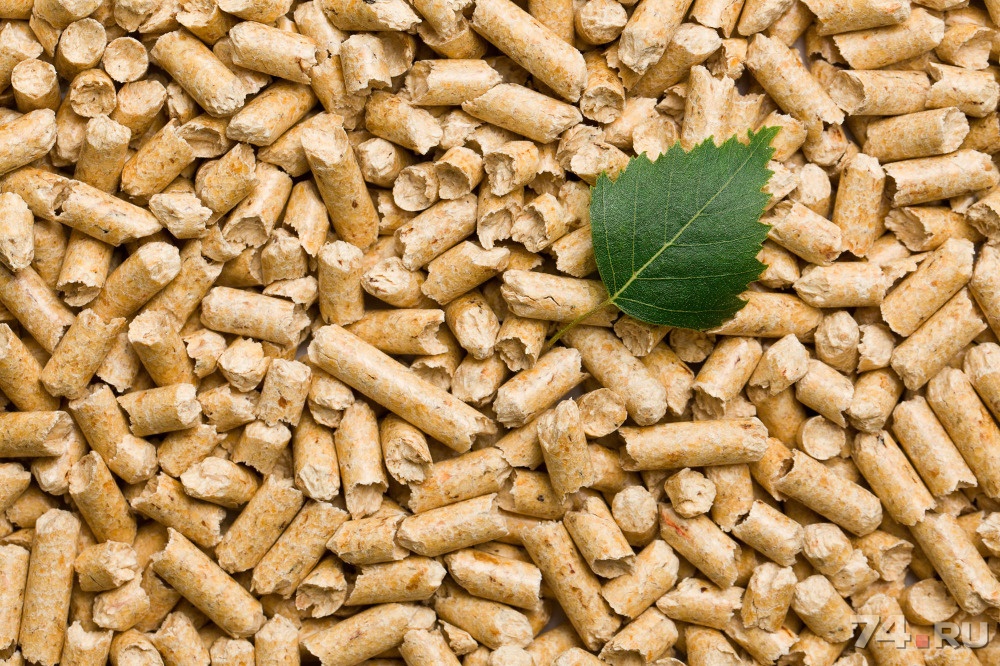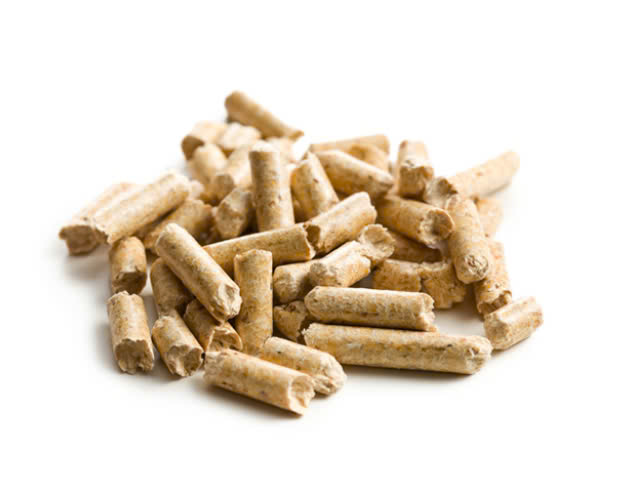
Wood pellets – a type of fuel with high calorific value – is a form of biomass material. Used for industrial boilers and heaters in cold countries. In particular, this type of material does not emit gases that pollute the environment.
The main raw materials for creating pellets are sawdust, waste wood, shavings, peanut shells… pressed under high pressure and pressed through floor holes to create a cylindrical product with a diameter equal to floor holes, and very hard. The heating process causes the glue in the sawdust to flow and stick together, forming sawdust pellets with a shiny surface.

Raw Material: Acacia wood, Kaya wood, Mixed wood….
Technical Specifications:
| Parameter | Value |
| Moisture Content | 5% |
| Ash Content | <2% |
| Fixed Carbon Content | >79% |
| Calorific Value | 4500 kcal/kg |
| Shape | Pellets |
| Diameter | 8mm |
| Length | 2-6mm |
| Capacity | 100 x 40HQ containers per month |
Packing Information
*** Packing solution can be made upon request
Payment & Shipping
- Payment Terms: T/T or L/C
- Lead Time: 15 days
Scope of Use
- Used to line cages for chickens, pigs, and goats because the pellets’ ability to absorb moisture is quite good
- Used to make fertilizer
Pellets combined with animal manure create a very good source of organic fertilizer for use in the farming industry. From there, significantly reduce the number of inorganic fertilizers that are harmful to the soil and the environment. - Used to light the fireplace
Fireplaces using sawdust pellets will create a heat source that is warm enough and very safe. Using wood pellets for fireplaces will limit the amount of ash and dust, save effort and ensure health safety. - Used to burn industrial boilers
Using wood pellets as biomass fuel to burn boilers can solve almost 90% of environmental problems. Even if you have to spend money on processing the ash from burned coal, the ash from burned pellets can be sold back to agriculture as fertilizer.
Benefits
- The application of wood pellets in life as well as in industrial production has brought many practical benefits such as:
- Protects the living environment very well.
- The price is cheaper than fossil fuels or electricity.
- Save on transportation costs
- Save storage space.
- Utilize ash as fertilizer for agriculture.
INQUIRY CONTACT
Amy nguyen | International Sale Manager
jane@ngocmycharcoal.com
+84 905 613 213 | Whatsapp
